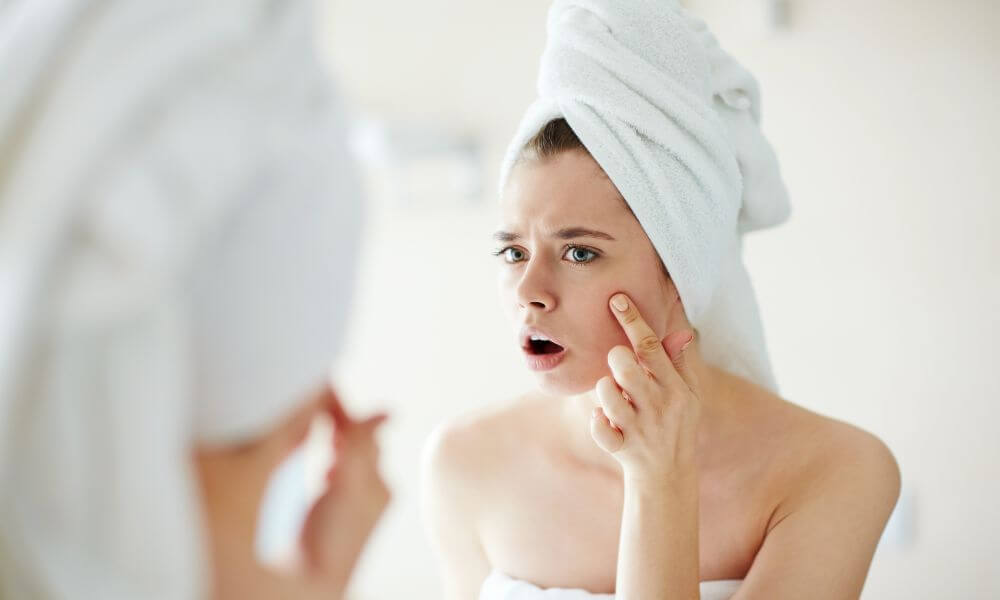Many common acne treatments use ingredients shown to make acne worse. Find out what you need to be avoiding for clearer skin.
Table of contents:
Dangers in Acne Cleansers
Toxins found in Acne Creams
Toxins found in Traditional Acne Toners
Toxins found in Face Masks
How to Avoid Toxins in Acne Cleansers
When it comes to acne, we’ve come to realize two things:
- Acne is incredibly persistent and frustrating.
- Many manufacturers try to capitalize on that frustration in unhealthy ways.
What do we mean by that?
Well, acne is by far the most common skin condition in America, affecting over 50 million people each year. With such a large market, skincare companies are quick to hop on the “acne care” bandwagon.
The problem is many of these same companies prioritize profit over health, resulting in their use of toxic ingredients that include carcinogens, preservatives, harsh chemicals, artificial fragrances and more.
All of these toxic ingredients work together to decrease their expenses and increase their profit margins.
Unfortunately, they also work to keep your skin in a damaged state. It’s not uncommon to try the leading acne cleanser, only to be left in worse condition than before.
We get it though. When you have acne, you’re desperate for a quick solution and for good reason.
But to protect your health and skin, it pays to read labels carefully and do your research to determine exactly what you’re putting on your face.
To help, we’ve put together this guide that discusses the most popular products for acne, their toxic ingredients, how you can avoid them and STILL get rid of your acne fast!
Hidden Dangers in Acne Cleansers and Face Wash
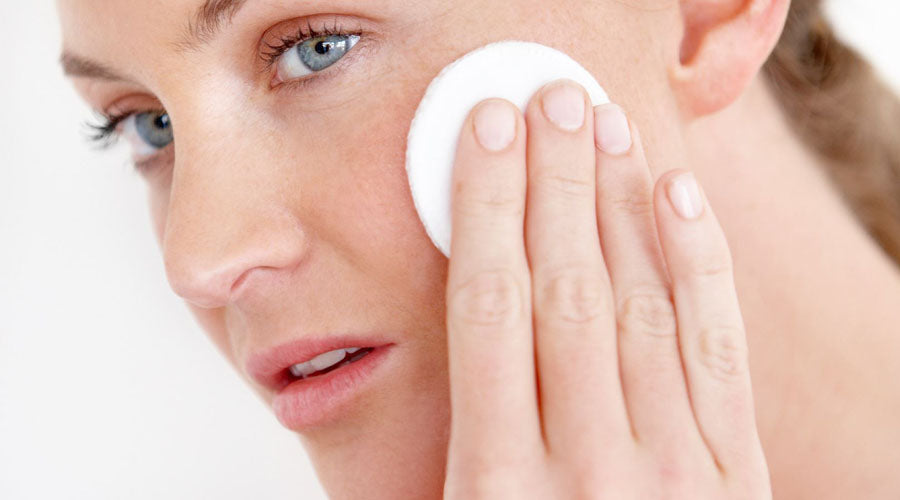
Cleansers are used to manage acne because they remove every trace of oil from your skin. In fact, their primary goal is to strip your skin of any and all oil.
Sound good?
Think again. Acne cleansers that strip your skin of oil also decrease the skin’s acid mantle, predisposing you to bacterial infection.
Oil also protects the skin against harmful ultraviolet radiation from the sun. Absence or inadequate oil in the skin can increase the amount of damage caused by UV rays.
Besides that, here are a few toxic ingredients in acne cleansers you should be leery of:
- Polysorbate 20: In its original state, polysorbate is simply a sugar alcohol. However, during the process of being treated with 20 parts of ethylene oxide (hence polysorbate 20), it’s often contaminated with 1,4-dioxane - a carcinogenic byproduct that easily penetrates skin. In fact, the Organic Consumers Organization reported that 1,4-dioxane levels in personal care products were often 1,000X higher than levels known to cause cancer.
- Propylene Glycol: Also known as PEG, propylene glycol damages cellular structure and breaks down proteins. Higher concentrations have even been linked to liver, brain and kidney damage.
- Triclosan: The sweetheart of all products labeled “antibacterial,” triclosan is actually categorized as a pesticide by the EPA. It’s been shown to disrupt thyroid and hormone function and even incite allergies. Even scarier, some reports show triclosan reacting with chlorine in tap water to produce cancer-causing chloroform gas.
Common Toxins in Acne Creams
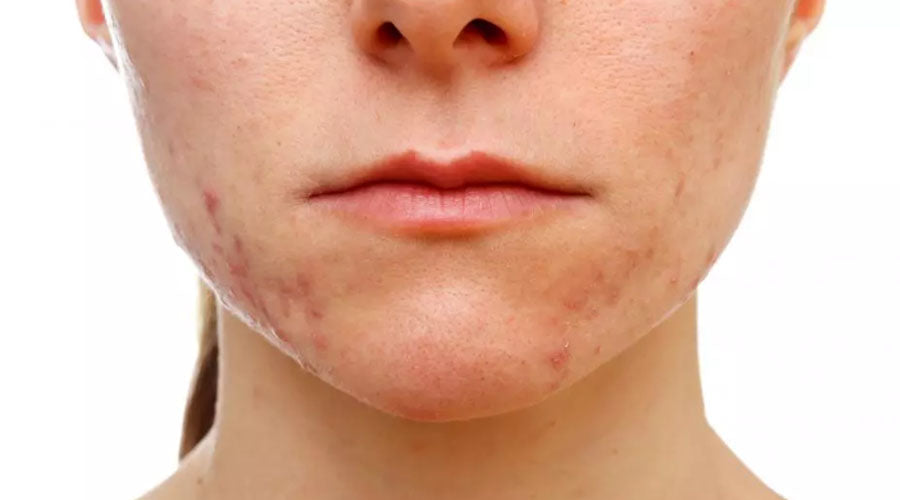
As opposed to eliminating oil entirely, acne creams aim to fight acne while still soothing and hydrating the skin. Unfortunately, many blemish creams do so by using toxic ingredients:
- Mineral Oil: It sounds innocent enough, but mineral oil is usually code for petroleum - the same stuff you put in your car. It clogs pores and suffocates skin like plastic wrap, interfering with critical skin functions like sweating and eliminating toxins. One 2011 study even shows mineral oil as a possible carcinogen.
- Phthalates: You might not see “phthalates” listed on your acne cream, but you probably will see “fragrance” listed, which is the same thing. These toxic chemicals disrupt hormones and have been linked to insulin resistance, reproductive issues and developmental delays.
- Sulfates: Powerful enough to cut through engine grease, sulfates like sodium lauryl sulfate (SLS) are popular in car wash soaps and engine degreasers, yet they’re somehow gentle enough to be used on your skin? On the contrary, it’s one of the most caustic skin cleansing agents, so much so that researchers use it to induce skin irritation in their studies.
Damaging Toxins in Traditional Acne Toners
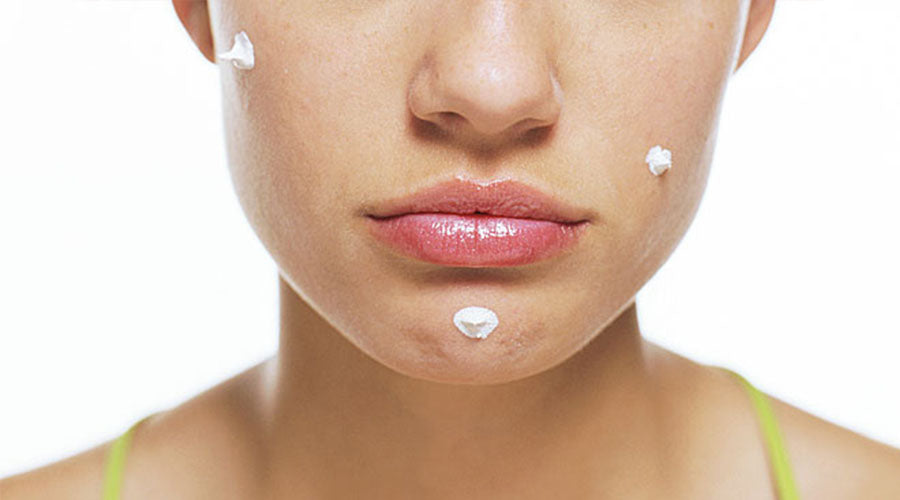
Most acne toners work by drying out your sebaceous gland, reducing oil production as a result. Toner preparations are almost always alcohol based, which is a problem considering alcohol aggravates skin and can even worsen acne.
Many alcohol-based acne toners are mixed with exfoliating agents such as glycol - a combination that’s even more damaging to your skin.
- Isopropyl Alcohol: Proponents say this ingredient is helpful for managing acne caused by bacteria. However, non-inflammatory acne does not respond well to this treatment. Instead, it causes itchiness, peeling of the skin, pain, redness, dryness and flaking. It also dries out so severely that it can stimulate the oil glands to overproduce, resulting in severe rebound acne.
- Artificial Colors: Anyone concerned about your acne toner being pretty? Apparently manufacturers are because many toners are tinted with Blue 1 and/or Yellow 5. Not only do they not offer any benefit, artificial colors have been shown to be carcinogenic, cause skin irritation and induce skin sensitivity.
Hidden Toxins in Acne Wipes, Face Masks and Spot Treatments for Blemishes
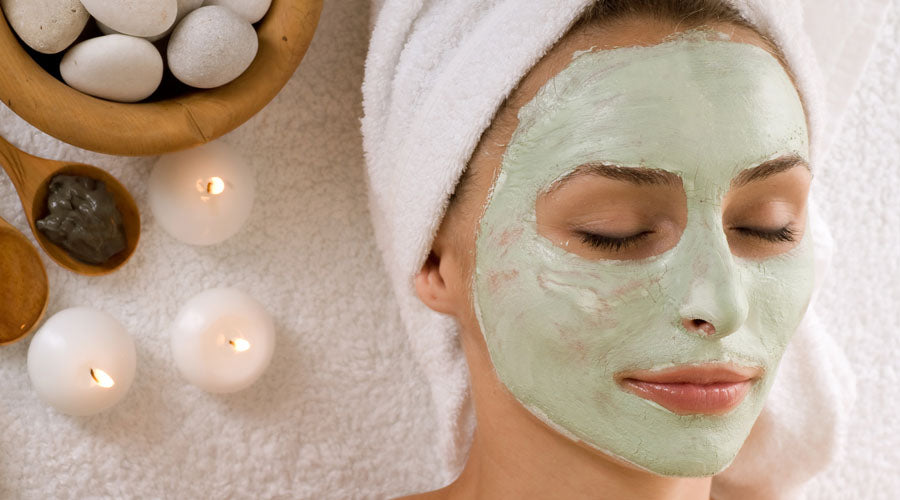
Acne spot treatments often contain concentrated doses of already problematic ingredients. While that’s a bad thing in and of itself, the real problem with acne wipes and spot treatments is the fact that they’re designed to be used without washing off.
This means those toxic ingredients are left on your skin, soaking in and clogging pores - not to mention causing irritation and even topical dermatitis in some cases. Let’s take a look at some of those ingredients:
- High Dose Benzoyl Peroxide: In low doses it may not be too bad, but concentrated benzoyl peroxide can result in severe irritation and inflammation. Plus, recent research suggest it can promote tumor growth.
- Parabens: Truth be told, parabens are found in all of the acne treatment products we’ve discussed so far. They are by far the most common preservatives in skincare solutions today. Parabens have been linked to breast cancer tumors, and methyl parabens in particular can react with UVB rays, leading to potential DNA damage.
- Formaldehyde: This is another common preservative, but you won’t find it listed on the label. That’s because it’s a byproduct of many other chemicals through the released formaldehyde is just as toxic or more so than the chemical itself. Formaldehyde is notorious for interfering with the central nervous system.
How to Avoid Toxins in Common Acne Cleansers, Creams, Toners & More
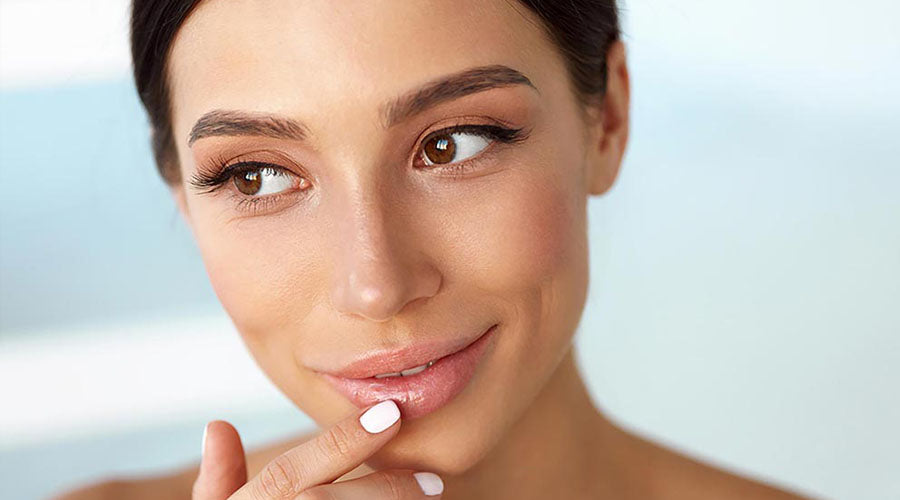
We’ve come a long way in modern medicine, but sometimes it’s just best to get back to the basics. When it comes to minor skin conditions like acne, nature does a pretty good job of providing everything we need to clear it up without the nasty side effects.
Many plants have been studied extensively for their acne-fighting, skin-soothing benefits:
- Aloe Vera: A powerful anti-inflammatory, aloe works to accelerate skin cell growth while fighting bacteria and locking in moisture.
- Tea Tree: Also offering incredible anti-inflammatory properties, tea tree oil is a potent antimicrobial with a proven ability to clear acne while reducing redness and irritation.
- Pomegranate Seed Oil: This unique oil provides an omega-5 fatty acid profile that nourishes skin from within. It’s also been shown to protect against UV sun damage.
Don’t be afraid to piece together your own natural acne skincare routine. Look for acne products that cleanse without stripping and nourish without compromising with dangerous ingredients. It may take a little extra time to scrutinize labels, but your skin and overall health are worth it.
To jumpstart your search, check out our all plant-based line of acne care products:

